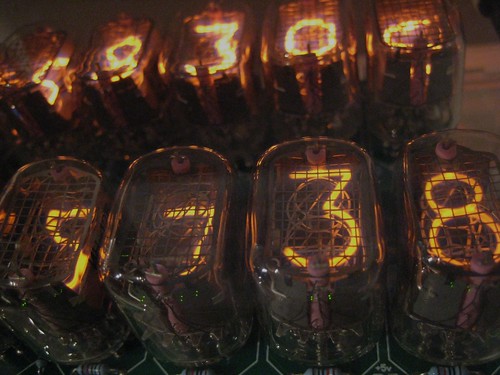4 Types of Composite Numbers You Probably Have Not Heard Of
There are numbers that are named because of their special characteristics. Prime numbers for example are unique because they only have two factors, 1 and itself. Composite numbers, on the other hand, have more than two factors.

Speaking of composite numbers, there are different types of such numbers that you probably have not heard of. In this post, we familiarize ourselves with these types of numbers.
Perfect Numbers
A perfect number is a positive integer that is equal to the sum of its proper divisors (positive divisors of a number that are excluding the number itself). For instance, 6 is a perfect number since its proper divisors are 1, 2, and 3 and 6 = 1 + 2 + 3. Twenty eight is also a perfect number since 28 = 1 + 2 + 4 + 7 + 14.
Can you think of others?
Abundant Numbers
An abundant number is a positive integer whose sum of proper factors is greater than the number itself. The number 12 is an abundant number since the sum of the proper factors 1 + 2 + 3 + 4 + 6 is greater than 12. The numbers 18, 20, 24, 30, 36, and 40 are abundant numbers.
Deficient Numbers
Erratum: Some deficient numbers enumerated below are prime numbers, not composite:
Deficient numbers are opposites of abundant numbers. They are numbers whose sum of factors is less than the number itself. For example, 14 is a deficient number since 1 + 2 + 7 is less than 14. Some of the deficient numbers are 3, 4, 5, 7, 8, 9 and 10.
Amicable Numbers
Amicable numbers are two different numbers related in a way that the proper divisors of each is equal to the other number. Two of the most famous amicable numbers are 220 and 284.
Factors of 220: 1 + 2 + 4 + 5 + 10 + 11 + 20 + 22 + 44 + 55 + 110 = 284
Factors of 284: 1 + 2 + 4 + 71 + 142 = 220
Some amicable numbers are (1184, 1210), (2620, 2924), (5020, 5564), and (6232, 6368).
***
Photo Credit (Creative Commons): Phil Hawksworth via Flickr